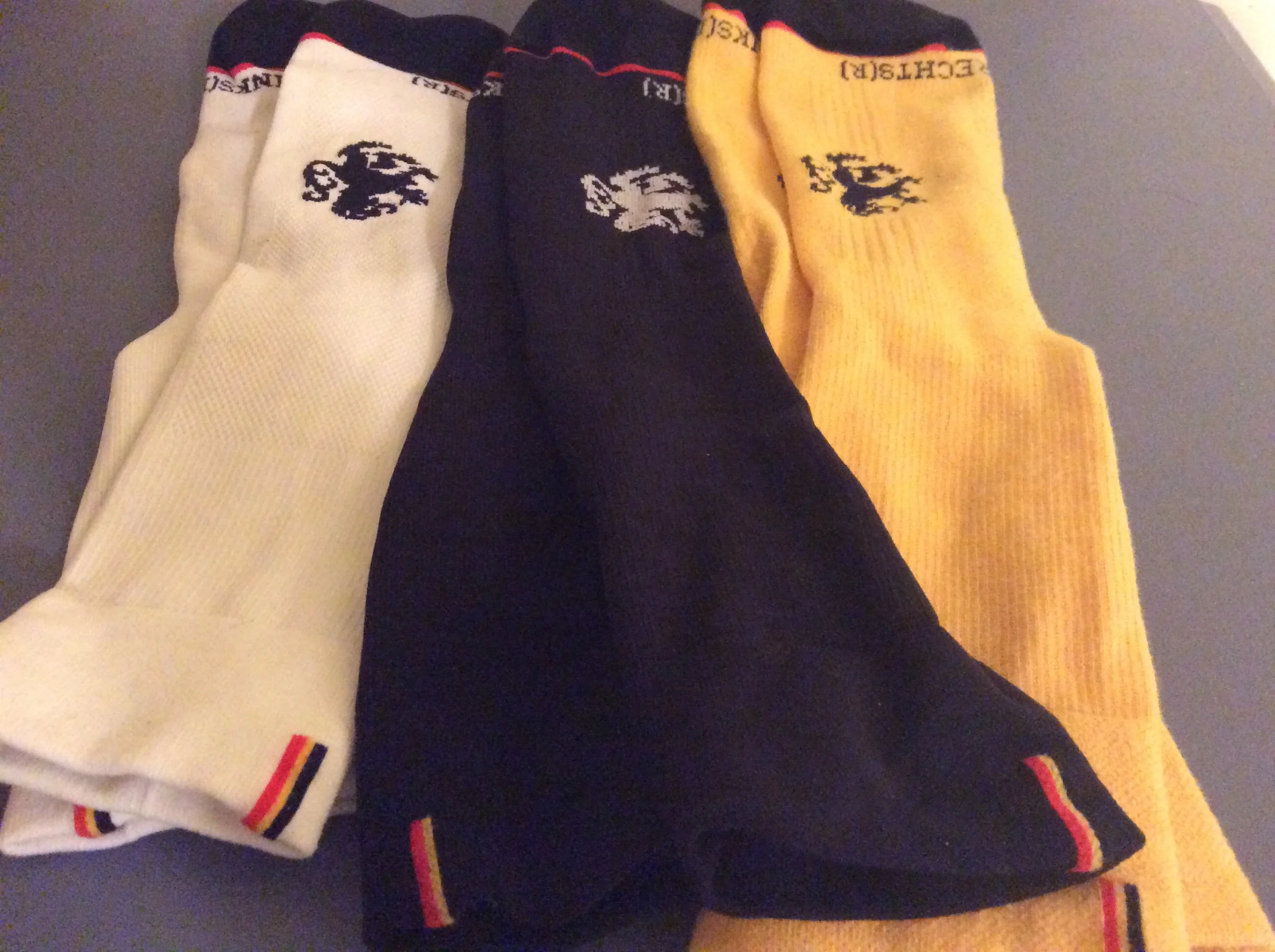Essay: On the Worst Position in Sport
(2015) I’ve told people the worst position in sport is the leader of the Tour de France. No sooner does a rider ascend the podium than the suspicious glares are flung. Perhaps the suspicion has already been in full swing for a portion of that day’s stage. And if the rider is like Chris Froome, who spent fourteen of the twenty-one days in the 2015 edition of the Tour de France in the yellow jersey, it’s an even worse position with even more momentous anger from every angle and every country. One of the most attractive aspects regarding sport is the fact that friendship between competitors occurs before and after the event. During the event, the friendship is paused and can become the nastiest of enemies. No playing field exemplifies the separation of sport and friendship more than ice hockey. Two grown men can be great friends until they lace up the skates in opposite locker rooms. What ensues can be occasionally a fight or a straight search-and-destroy. Friendships stop when the ring has been entered, the warm-up has concluded, or the green flag has been dropped. But as if in a business-like approach, the friendship is restarted once the match has concluded.
I would be lying if I said I was pulling for Chris Froome through this year’s Tour. I found myself leaning toward the television hoping to see some sort of crack in the French Alps when he chased after Nairo Quintana. I wanted to see a human response from him. He gave none. I wanted something I could identify with about him. He’s a skinny climber on the front of the Tour standings. These are all things I will never be. Climbing well but suddenly lose power? I’ve done that. I could relate to that.
Froome isn’t relatable with his ability to fly up the hardest climbs, chase down sprints, and even time trial well. Actually few stage-race professional cyclists are relatable to the common person. People say it’s not possible to ride like a Grand Tour cyclist. Be sure not to overlook one basic thought: The Tour de France is 198 of the best riders in the world. That 198 men can ride a bike such as they do out of six billion people on Earth need to be taken into serious consideration. That's one per 30,000,000 people. If a line were drawn over 30,000,000 houses, one remarkable rider could be easily located. Stage racers are freaks of nature; that’s how it’s possible.
Yet after he rode across the line of the 21st stage of the Tour, it had to change. The race was over. He should be congratulated by everyone. He returned to his human status. Yet there will be people who cannot let this go and will make it an effort to link cycling’s past with the current group of riders. Those who hound pros after the finish line has been rolled up or after the lights have been turned out give sport a bad name, too.
Those who spat on Froome as he rode by, those who threw piss in his face, those who hit him as he rode by, take advantage of the unique aspect about pro cycling: accessibility to the professionals. At the end of the day, Chris Froome is a human being. He wasn’t one of the riders I hoped to see in the Yellow Jersey for this year’s Tour, but he earned it certainly. Perhaps being the winner of the Tour de France isn’t the worst position in sport. Perhaps the worst position is sport is the fan that can’t seem to let it go that it was obvious early on he would probably win the Tour. The fan that tries to become one of the competitors by being involved in the race takes the top spot on the podium of worst position in sport.




